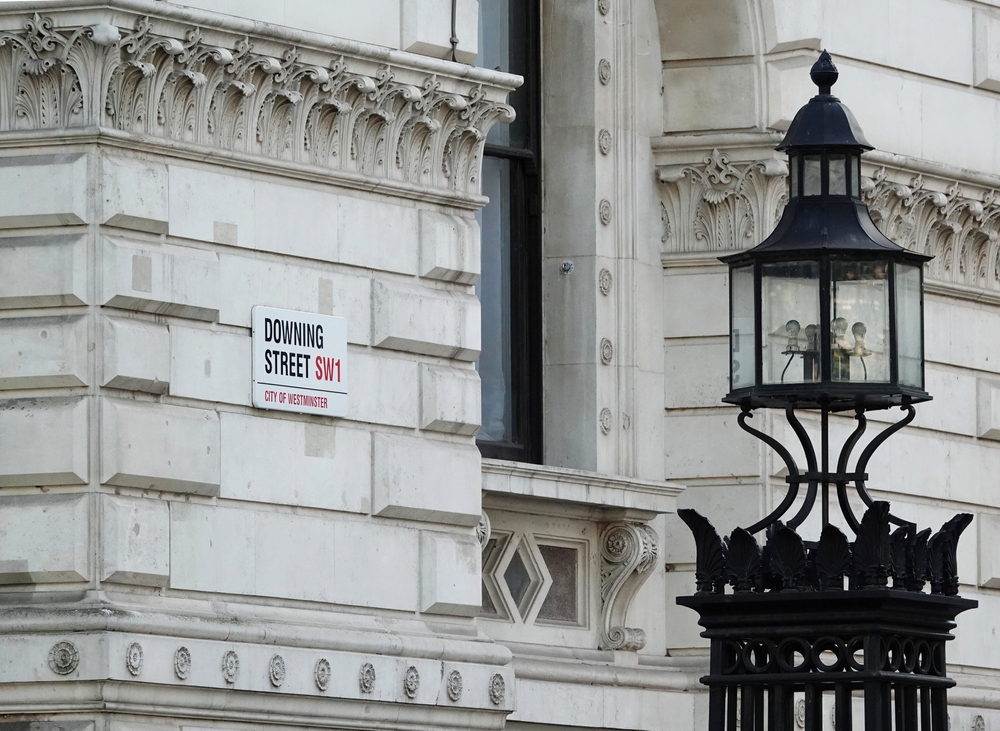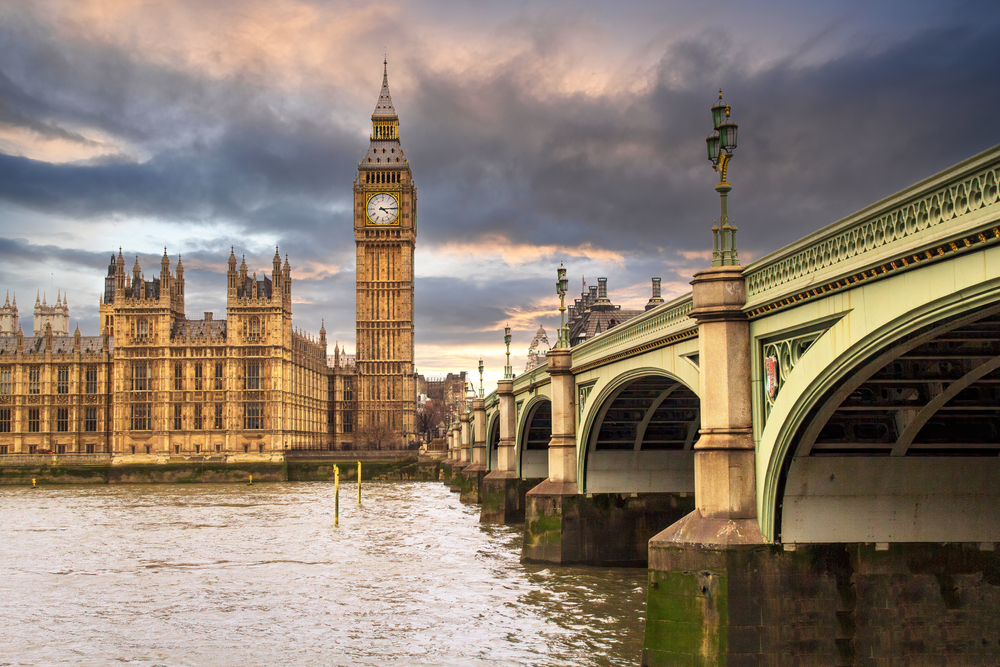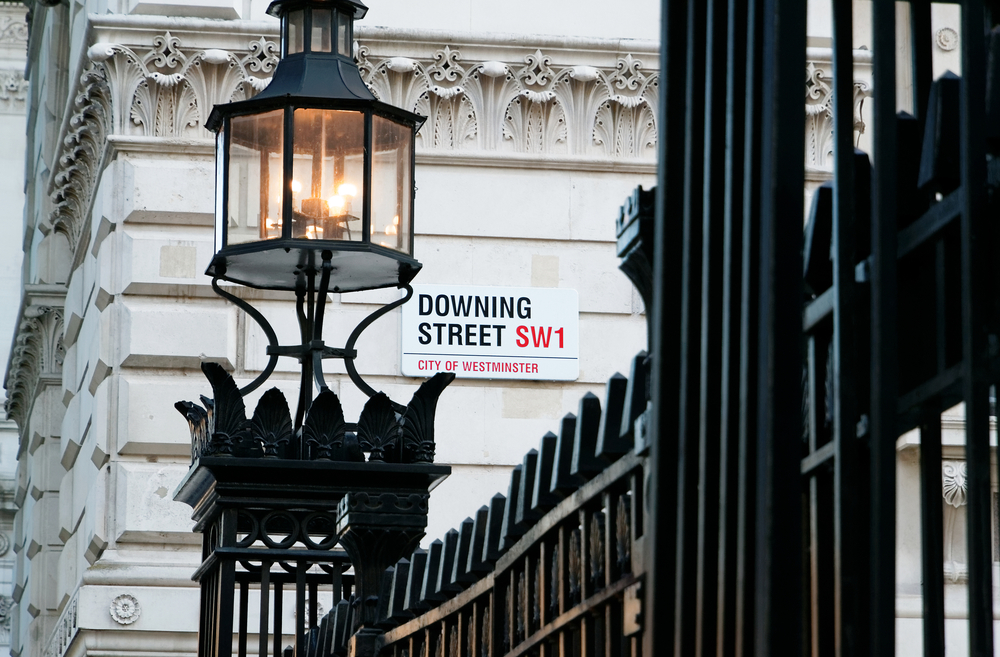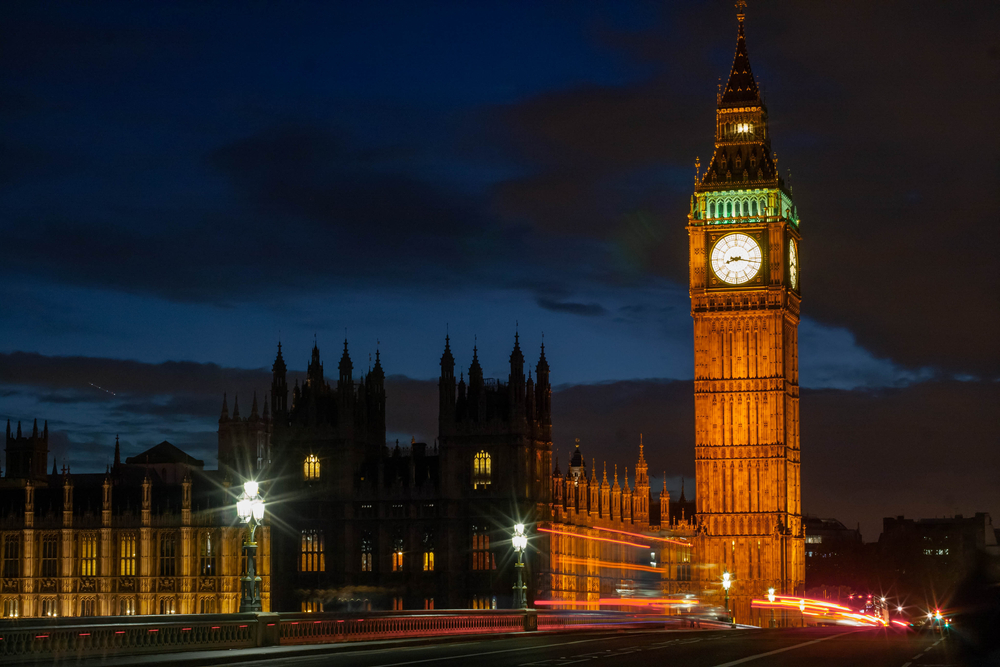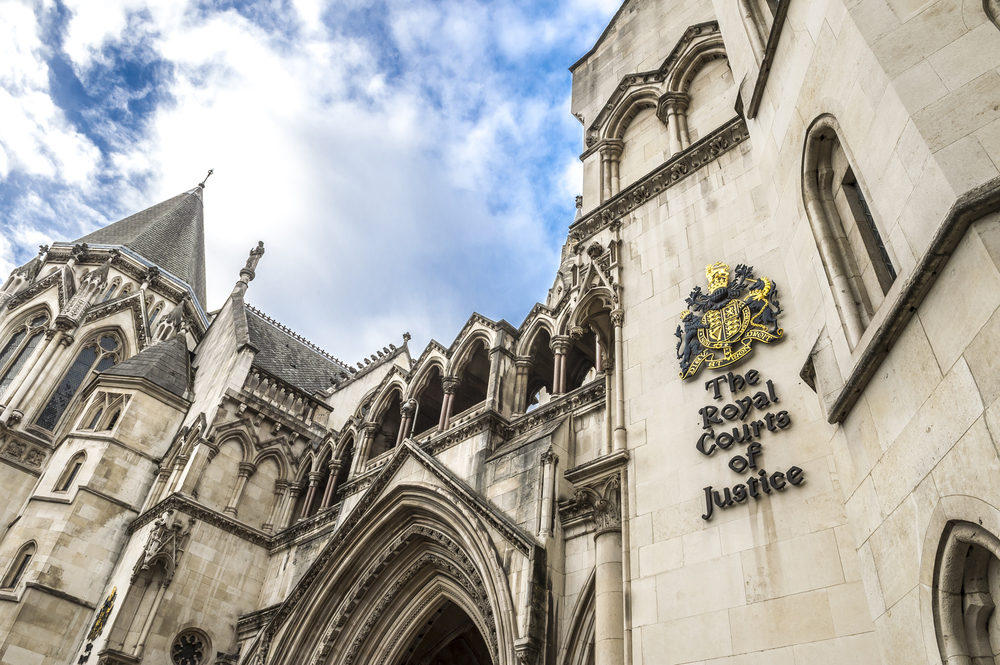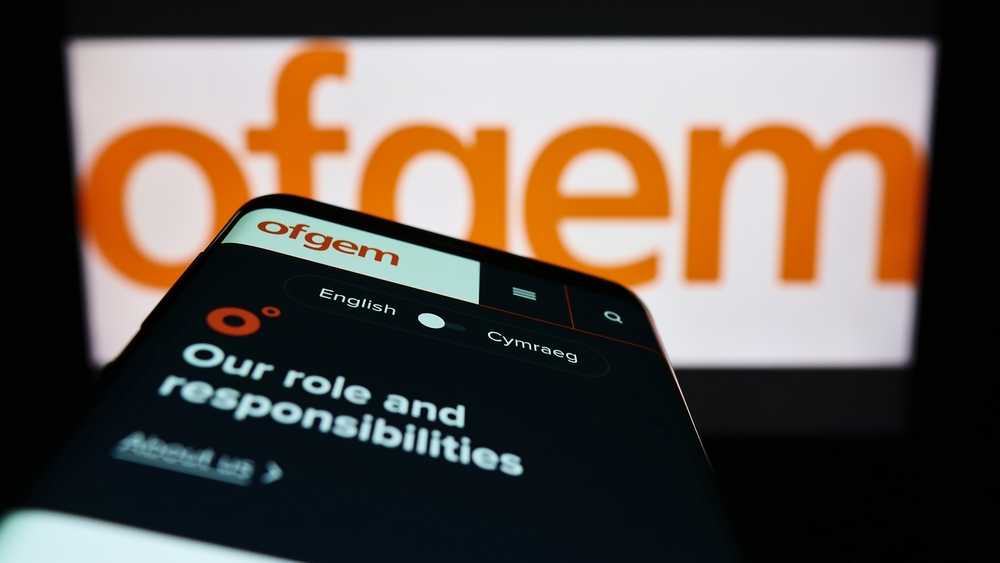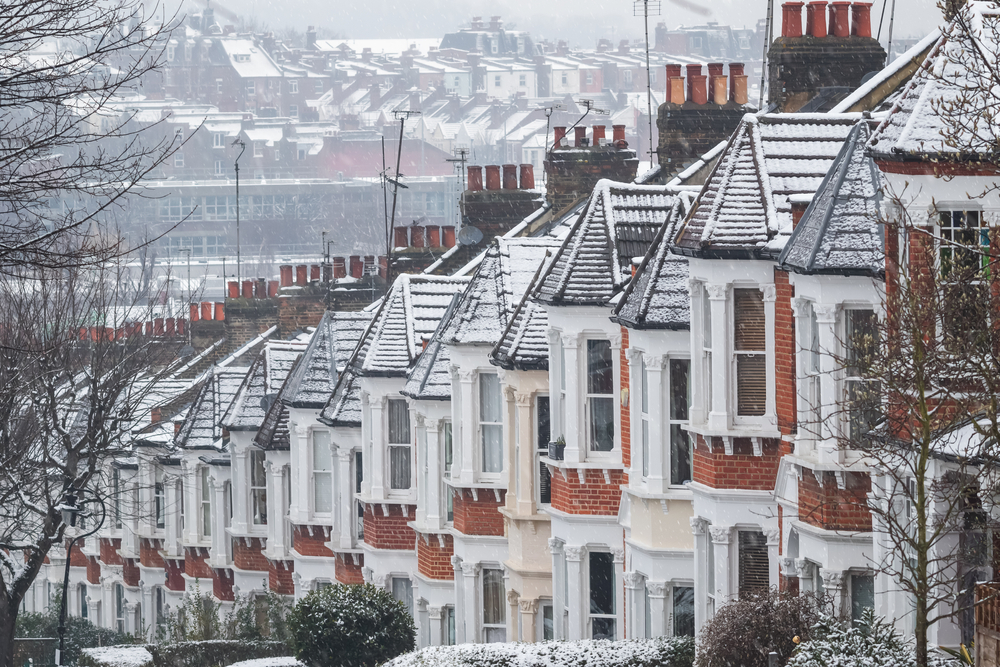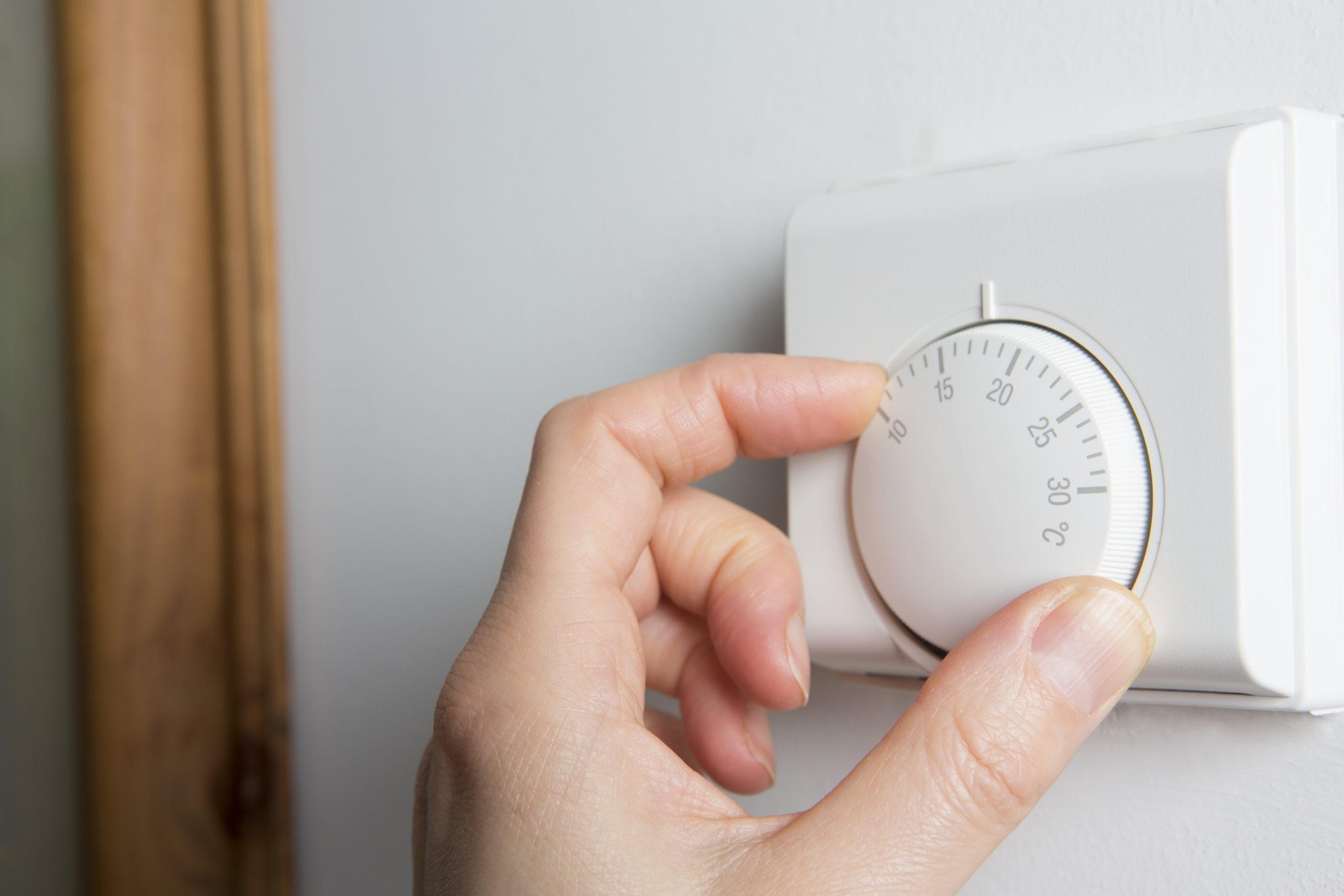Some areas of the country risk seeing almost every home in fuel poverty without a comprehensive plan from the new Prime Minister. [1]
Even taking into account rumoured plans for a freeze on energy bills, over twenty neighbourhoods in Birmingham, Bradford, Coventry, Hull, Leeds, Liverpool, Sheffield, Stoke and Wolverhampton could see fuel poverty rates of over 75 per cent of households from 1 October 2022. Some will reach close to every household in the area. [2]
Hundreds of other areas across swathes of the country – from Southampton to Middlesborough and from Essex to Lancaster – will also see significant levels of fuel poverty this winter. [3]
As the new Cabinet finalises plans for the support package for households this winter, the figures highlight how parts of the country will experience fuel poverty differently.
A briefing to MPs and Peers from the Warm this Winter campaign calls on Parliamentarians to push for a coherent plan to tackle the energy bills crisis through a national rollout of home insulation and affordable renewables to wean the country off gas. [4]
The campaign is also demanding that the new government provides more direct emergency financial support for everyone this winter, but particularly low-income households.
A spokesperson for the End Fuel Poverty Coalition, which is part of the Warm This Winter campaign, said:
We need to see the right support get through to the right people.
The Government’s plans focus on offering welcome universal support through a price freeze, but we also need additional help for the millions of households in fuel poverty who are already struggling.
These new figures show this can vary significantly by region and by property type.Any investment this winter also needs to include long-term solutions such as a support for energy efficiency and a boost for renewables to help move the country away from fossil fuels.
Jacky Peacock, Head of Policy at Advice for Renters said:
Renters are particularly hard hit as inflation and scarcity of private rented homes are pushing up rents at an unprecedented rate, leaving little or nothing to spend on energy bills. Without the right action from the Government, we risk seeing a huge explosion in homelessness.
Rachael Williamson, Head of Policy and External Affairs at the Chartered Institute of Housing, said:
Social landlords across the country are taking a range of actions to support vulnerable residents under financial strain where they can, but there is a limit to what the housing sector can do.
The pressures are so great that many households now have negative budgets, even after all avenues of support have been exhausted. Many social housing providers are themselves challenged by above inflation cost increases.
Urgent support is needed, targeted to help people on the lowest incomes and substantial enough to meet the scale of the challenge.
Graham Duxbury, Chief Executive of community environmental charity Groundwork, said:
Rising levels of fuel poverty are creating a public health emergency. The Covid-19 pandemic highlighted the stark health inequalities in our communities and without urgent action from the government these will become even more extreme.
Every day, our energy advisers visit people who are unable to heat their homes, leading to problems with damp and mould. The physical impact on health can be devastating and fuel poverty also damages people’s mental health.
On local authority level, the areas that will be worst affected are, Barnsley, Birmingham, Coventry, Hull, Leicester, Manchester, Nottingham, Norwich, Sandwell, Stoke-on-Trent, Wolverhampton. The whole of West Yorkshire and South Yorkshire as well as Liverpool, Newcastle-under-Lyme, North East Lincolnshire, Scarborough, and the London boroughs of Newham and Barking & Dagenham will also be hit hard with a GBP2,500 price cap.
Cara Jenkinson, Cities Manager at climate solutions charity Ashden, which is part of the Warm This Winter campaign, added:
The Government must fund local insulation programmes in the areas where fuel poverty is highest, and councils should not have to compete against each other for this funding. We need a rapid scale up of energy efficient retrofit which will insulate people against further price rises, cut carbon and create jobs across the country.
The Warm This Winter petition supporting the campaign’s demands has been signed by 120,000 people since it was launched last weekend while Fuel Poverty Action’s petition for Energy For All, a free allocation of energy to meet each household’s needs, has been signed by 557,000 people and will be delivered to the new Prime Minister on 19 September.
Ruth London from Fuel Poverty Action said:
People of all ages are being robbed of even the essentials of life while massive energy corporations chalk up undreamed of profits.
Over half a million have signed our petition for Energy For All: The energy to ensure we can heat and light our homes must be free and guaranteed, and the money must come from the industry that is causing this crisis to begin with.
People who can well afford to pay extra should no longer pay a lower price than those who are frightened to turn on a light in damp, poorly insulated bedsits.
Alethea Warrington, campaigns manager at climate charity Possible, said:
Our failure to get off gas for good is fuelling the energy costs and climate crises. Drilling for more gas would totally fail to alleviate the unaffordable energy costs that are pushing people into poverty, as any gas would take decades to come online and would then be sold in global markets.
But we do have a solution – clean, cheap, domestic renewable energy like onshore wind and solar, which can come online quickly and is around a tenth of the cost of gas power.
Renewables are popular across the UK, and it’s past time for the government to get on with delivering them.
The Warm This Winter campaign launched on 26 August in response to the growing energy bills crisis. The campaign demands that the government provides more emergency money for people this winter, funding to help everyone cut their bills with better insulation, and rapidly moves the country away from expensive gas and onto cheaper, renewable energy.
New modelling by Tax Justice UK, found that a 95% excess profits tax on North Sea oil and gas companies could raise up to £44 billion a year for two years and would almost cover the cost of living package the government is set to announce.
ENDS
Notes to Editors
[1] Estimates for the previous price cap announcements show that from 1 October, 21 million people in around 9 million homes (32%) will be in fuel poverty this winter based on levels of support pledged up to 05.09.22 and are reflective of the definitions of fuel poverty used in official statistics. The figures were set to grow to around 28 million people in 12 million UK households (42%) from January 2023 unless urgent action is taken by the Government.
Based on multiple media reports of a “price freeze” of energy bills at a level of GBP2,500 from 1 October 2022 (and with the GBP400 promised support, this falls to GBP2,100), the End Fuel Poverty Coalition estimates that 16.4 million people in 6.9 million UK households will still be left in fuel poverty in winter 2022/23 without government support. c.5.3 million of these households will be in England.
Regional data for England based on LSOA level calculations or local authority / metropolitan authority level. Methodology, assumptions and definitions available at https://www.endfuelpoverty.org.uk/price-cap-methodology/ (page being updated with latest figures, but assumptions and methodology remain).
Millions more are also set to suffer based on more general measures of fuel poverty and fuel stress used by some academics and campaigners.
[2] Selection of the neighbourhoods of the country in almost total fuel poverty from 1 October 2022. Based on 23 out of 32,844 LSOA areas.
Birmingham: https://mapit.mysociety.org/area/154406.html
Stoke on Trent: https://mapit.mysociety.org/area/114803.html
Leeds: https://mapit.mysociety.org/area/77587.html
Sheffield: https://mapit.mysociety.org/area/74208.html
Hull: https://mapit.mysociety.org/area/79055.html
Coventry: https://mapit.mysociety.org/area/75782.html
Wolverhampton: https://mapit.mysociety.org/area/76624.html
[3] Over 400 (411) neighbourhoods will see fuel poverty at levels exceeding 55% of households.
[4] Briefing note to Members of Parliament – link here. Briefing note on the Energy Bill for Members of the House of Lords – link here.
Warm this Winter is a new campaign demanding the government acts now to help tackle rising energy bills this winter and to ensure energy is affordable for everyone in the future.
It is supported by leading anti-poverty and environmental organisations, including Save the Children, WWF and the End Fuel Poverty Coalition. Its demands of government are:
- Emergency support now: Provide a new package of financial support to people who, without additional urgent action, will be on the front-line of poverty this winter.
- Help to upgrade homes: Launch a properly-funded programme of home upgrades and insulation across the UK to bring down bills and prevent energy waste.
- Cheap energy: More than triple the amount of renewable energy in the UK by 2030, including wind and solar generated in harmony with nature, so that we can permanently lower bills.
- Free us from oil and gas: Stop opening up new oil and gas fields so that we can escape our dependence on volatile fossil fuels.

